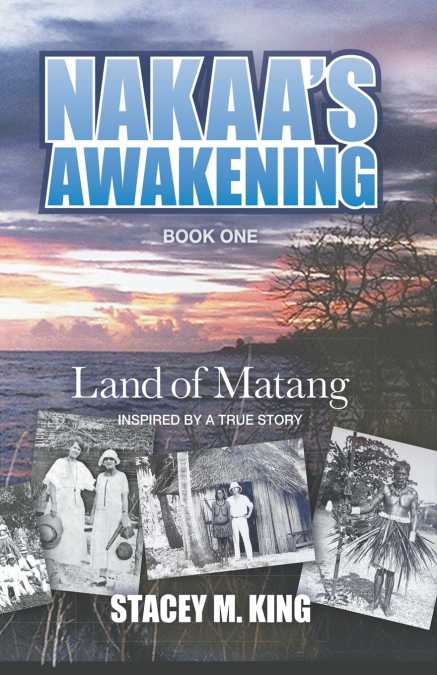
Stacey M. King
The year is 1900, and John Williams has come to the remote Pacific island of Ocean Island (now known as Banaba) to oversee the new phosphate industry. His wife, Ella, and their two-year-old daughter, Gwennie, follow him to begin their new life.After her initial culture shock, Ella grows to love the island and its people and to care deeply about their plight as the phosphate mining gradually destroys their beautiful home.While John supervises hundreds of indentured workers, Ella and Gwennie get to know the Banaban people, their culture and beliefs. Tetabo, their houseboy, teaches Gwennie about his people’s magic and mysteries. John fears that his daughter is growing up like a native, but Ella refuses to send Gwennie to Australia to school.John, while loyal to the mining company, is uneasy at his superiors’ treatment of the island and its people. Discontent and riots among the imported mine workers challenge him, the Banabans’ anxiety about the mining worries him while the changes to his family perturb him.Nakaa’s Awakening: Land of Matang is based on the author’s researched family history. It is a story of conflicting loyalties, cultural differences and a family adjusting to a new environment while destructive mining practices threaten the near-extinction of the Banaban race.The survival of the Banaban people into the twenty-first century is a triumph of human spirit over industrial might. They continue to believe that good will overcome evil as they struggle to survive the wrath of the evil spirit Nakaa and his Awakening.Yet, though Matang was lost forever, a cherished tradition said that the ancestor gods had promised to return to their children one day, wherever they might be...